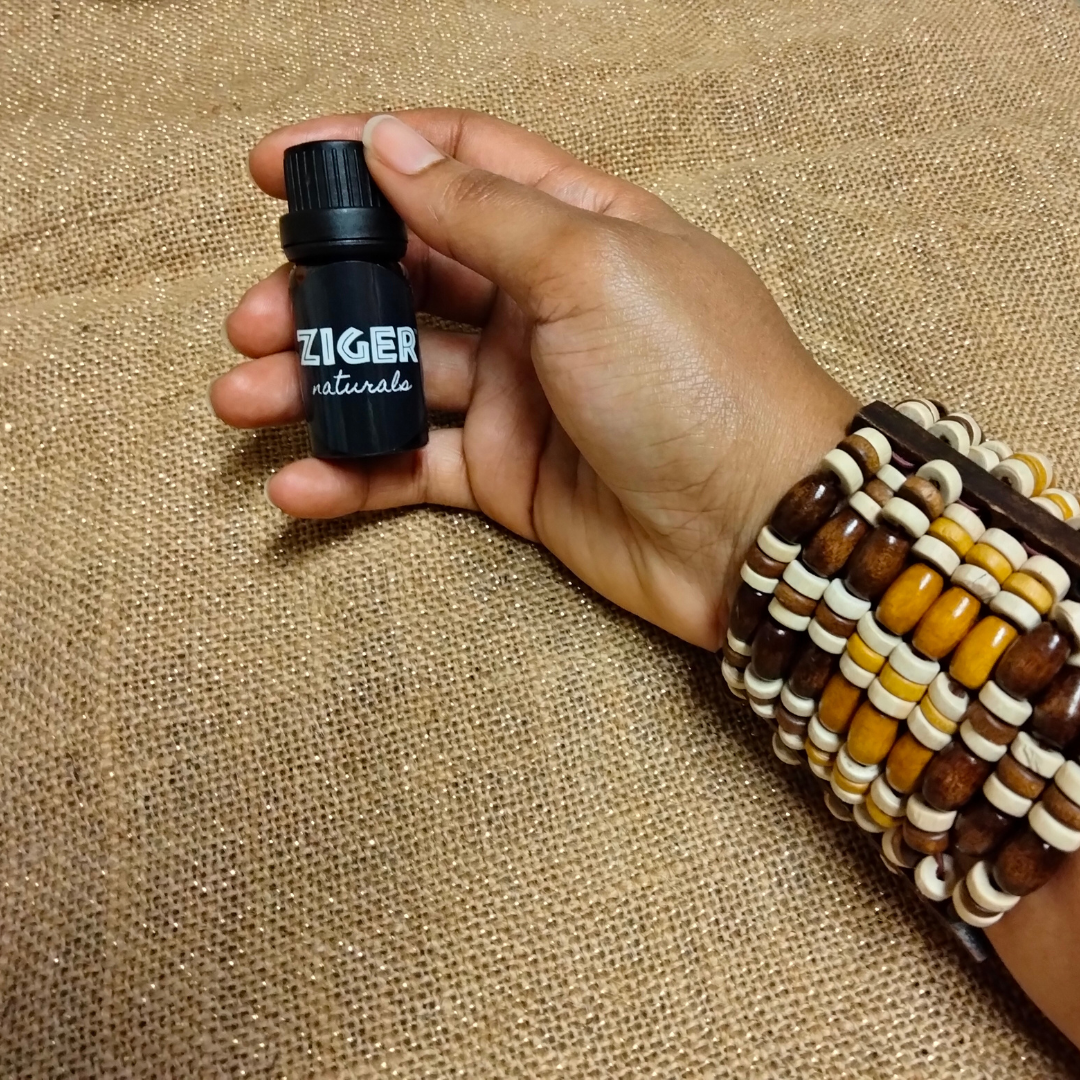Ziger Naturals
Ziger Naturals Essential Oils 10 ml
Ziger Naturals Essential Oils 10 ml
100% Pure. God-Given. Purposefully Made.
Ziger Naturals Essential Oils are crafted from nature’s finest ingredients — no additives, no fillers, and never tested on animals. Each oil is distilled or expressed to preserve the natural nutrients and aroma that reflect the beauty and creativity of God’s design.
Faithfully Clean Beauty:
Our oils are vegan-friendly, cruelty-free, and ideal for everyday use — whether you’re creating a calm home atmosphere or adding a touch of wellness to your beauty routine. Perfect for diffusers, humidifiers, body oils, hair care, or DIY spa creations.
🌿 Best Sellers:
Lavender (Lavandula angustifolia)
Calming and balancing. Promotes peace, relaxation, and rest — a gentle reminder to “be still and know” (Psalm 46:10).
Peppermint (Mentha piperita)
Fresh and awakening. Helps clear the mind and refresh the spirit — perfect before prayer, work, or study time.
Eucalyptus (Eucalyptus globulus)
Known for supporting easy breathing and renewal. Use to create a clean, uplifting atmosphere in your home or salon.
Tea Tree (Melaleuca alternifolia)
A natural purifier for the skin and scalp. Encourages confidence and self-care from the inside out.
Sandalwood (Santalum album)
Warm and grounding. A timeless scent that evokes prayer, reflection, and peace.
Rose (Rosa damascena)
Soft and graceful. Reminds us of divine beauty and love — ideal for heart-centered relaxation or skincare.
Frankincense (Boswellia carterii)
Spiritually uplifting. A sacred oil mentioned throughout Scripture, known for its ability to inspire calm and focus during devotion.
Lemongrass (Cymbopogon citratus)
Bright and energizing. Fills the air with clarity and joy, perfect for a fresh start to your day.
Ginger (Zingiber officinale)
Warming and revitalizing. A boost for your body and spirit when you need courage and momentum.
Neem (Azadirachta indica)
Earthy and cleansing. Great for scalp and skin care, promoting balance and purity in your beauty routine.
How to Use:
Always dilute essential oils properly and patch test before applying to the skin. Mix with carrier oils for massage or hair treatments, or diffuse during your quiet moments of rest and renewal.
From nature to you — pure, simple, and rooted in faith-based beauty.
No se pudo cargar la disponibilidad de retiro


